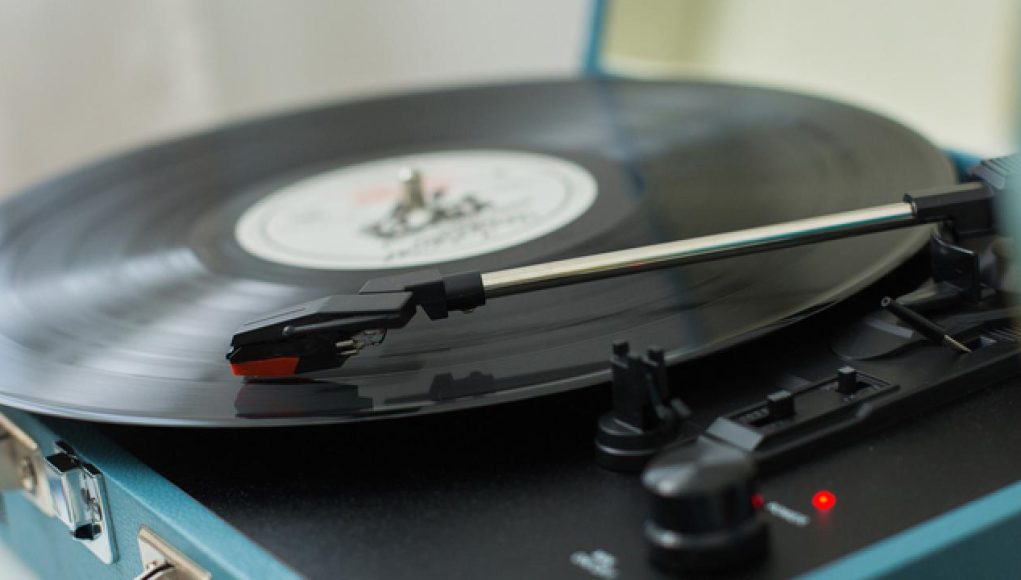Vinyl records are a timeless classic that has been around for decades. Despite digital music’s rise, vinyl records have remained a magnet for collectors and music lovers alike. We will examine the numerous benefits of vinyl records. This includes their unique sound and tangible appeal.
Authentic sound quality is why vinyl records remain a favorite among music lovers. Vinyl records can be analog recordings. This allows for capturing all audio frequencies in a continuous, uncompressed waveform. This creates a rich, warm sound that many audiophiles like better than digital formats. These formats can be compressed or have other effects that can compromise the audio quality. Vinyl records from Utopia Records offer a unique listening experience and are treasured by people who appreciate the subtleties in the music.

Vinyl records have a nostalgic appeal that is both tangible and nostalgic. Vinyl records offer music lovers a unique experience. Many people love the artwork and album covers. The larger album covers offer more detail and can often include additional information about the artist and production credits. The tactile act of placing the needle onto the record and watching it spin creates an experience that cannot be reproduced in digital formats. Vinyl records have a nostalgic appeal since they remind us of a time when music was more tangible.
Collectability: Vinyl records are valued for their collectability. Collectors value rare vinyl records, especially those of older or less well-known artists. Vinyl records may be limited editions, special editions, or even special editions. Some have unique covers and colored vinyl. Music lovers may find collecting vinyl records to be a fulfilling hobby. You can hunt for rare records, uncover hidden gems, or build your collection.
Artistic expression, and creativity: Vinyl records do not only have to do with the music. The album cover artwork, the label design, and the overall aesthetic of vinyl records contribute to the artistic expression. Many musicians and artists view vinyl records as a canvas to express themselves creatively. Vinyl records allow them to create an immersive visual experience and auditory experience. Vinyl records can also be used as a canvas for artists and designers to create unique album covers that will be treasured and cherished by both collectors and their fans.
Enhanced Listening Experience: Vinyl records can be more engaging and meaningful than digital formats. Vinyl records can require more attention from listeners because they have to be handled and cleaned carefully. This encourages active listenership, which means the listener is more involved in the music than just listening to the background. Flipping the album and listening to all sides can bring completeness and satisfaction, often needing more streaming services or digital playlists.
Preservation of Music History: Vinyl records can also be a vital part of music history preservation. Many iconic artists and albums released on vinyl records are culturally significant. Vinyl records can be used to connect with the past by allowing us the opportunity to experience the music exactly as it was released. Vinyl records can also function as historical artifacts. These records provide insight into production techniques, recording technology, and musical trends. Preserving vinyl records and album covers is essential for maintaining a complete record of music history.











